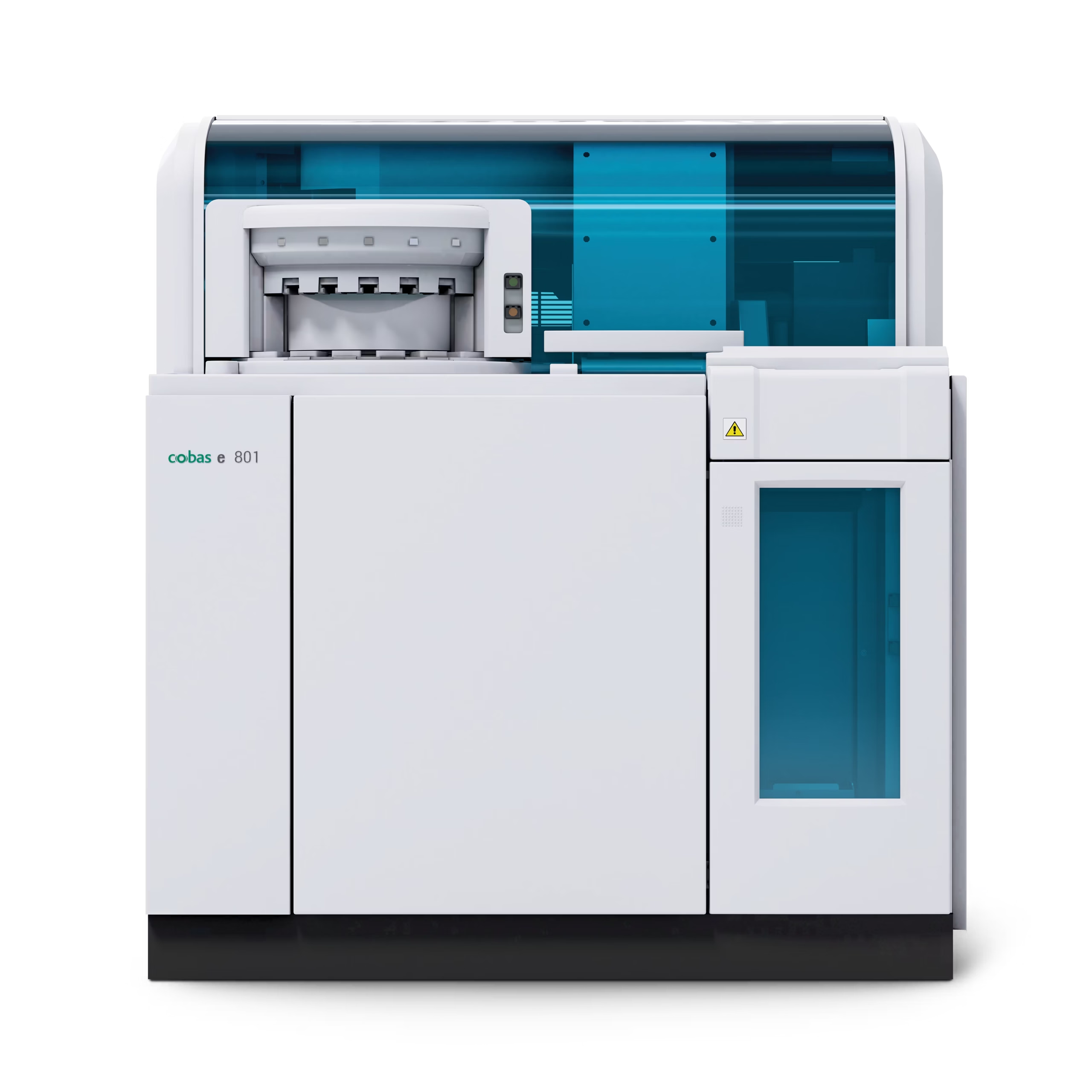Introduction
Early detection of Alzheimer’s disease in a primary care setting has long been hindered by invasive procedures and limited access to specialty diagnostics. Now, the Elecsys® pTau181 test from Roche—an FDA-cleared Alzheimer’s blood test—offers primary care providers a practical tool to rule out Alzheimer’s-related amyloid pathology in patients aged 55 and older presenting with cognitive symptoms. By integrating this pTau181 blood test into routine workflows, clinicians can accelerate decision-making, reduce unnecessary referrals, and improve patient care pathways.
How the Elecsys® pTau181 Test Works
Biomarker science: Measures phosphorylated tau 181 in plasma, a validated indicator of amyloid-related pathology.
FDA clearance: First and only blood-based biomarker test cleared by the FDA for primary care use to rule out Alzheimer’s-related amyloid pathology.
Clinical implications: Reliable identification of patients unlikely to have Alzheimer’s pathology may reduce PET scans or lumbar punctures and optimize resource allocation.
Key takeaways:
Elecsys® pTau181 targets pTau181 concentrations in plasma.
Clearance based on robust sensitivity and specificity data.
Supports early-disease management and care-pathway optimization.
Implementation Toolkit for Primary Care
1. “How to Order” Checklist
Confirm patient age ≥ 55 with cognitive complaints.
Discuss test purpose and obtain informed consent.
Complete Roche Elecsys® pTau181 lab requisition form.
Ensure collection supplies (EDTA tube, labels) are ready.
2. Sample-Collection & Handling Flowchart
Draw 5 mL of blood into EDTA tube.
Invert gently 8–10 times; label immediately.
Centrifuge within 4 hours at 1,500 × g for 15 minutes.
Aliquot plasma into bar-coded sample container.
Store at 2–8 °C and ship on cold pack to reference lab.
3. Turnaround-Time Expectations
Step | Action | Timeframe |
|---|---|---|
Order Received | Lab requisition processed | Day 0 |
Sample Collected | Plasma separated and shipped | Within 24 hours |
Assay Run | Elecsys® pTau181 analysis | 24–48 hours |
Report Delivery | Results transmitted to EHR or fax | Within 48 hours |
Comparative Performance Visuals
Side-by-Side Sensitivity & Specificity
Diagnostic Test | Sensitivity | Specificity |
|---|---|---|
Elecsys® pTau181 | 86% | 79% |
CSF pTau | 90% | 85% |
Amyloid PET | 92% | 90% |
What you need to know:
Elecsys® pTau181 shows competitive accuracy for primary-care screening.
Blood-based assay reduces patient burden compared with lumbar puncture.
Rapid turnaround supports timely referrals.
Clinical Scenarios and Interpretation Guidance
Case Vignette 1: Early Memory-Loss Workup
A 60-year-old patient reports occasional forgetfulness. Elecsys® pTau181 result is below threshold → Alzheimer’s-related amyloid pathology unlikely. The clinician focuses on vascular risk factors and schedules cognitive rehabilitation.
Case Vignette 2: Atypical Presentation
A 68-year-old patient with executive-function decline tests above pTau181 threshold → Amyloid pathology possible. Referral to neurology for PET imaging is expedited.
Interpretation rules:
pTau181 below 2.2 pg/mL → Unlikely Alzheimer’s pathology.
pTau181 ≥ 2.2 pg/mL → Consider further imaging or specialist referral.
Expert and Stakeholder Perspectives
“Integrating Elecsys® pTau181 into our practice has streamlined dementia workups. We can now reassure low-risk patients quickly and refer higher-risk cases more effectively.”
—Dr. Maria Gonzalez, Family Medicine, Boston, MA
“The FDA clearance marks a significant step forward in making accurate Alzheimer’s diagnostics accessible where most patients first present.”
—National Alzheimer’s Association
Conclusion & Call to Action
By adopting the FDA-cleared Elecsys® pTau181 blood test, primary care providers can rule out Alzheimer’s-related amyloid pathology rapidly and confidently, streamline care pathways, and improve patient outcomes. Download the implementation toolkit, sign up for our next webinar, and contact your laboratory partner today to bring this innovative Alzheimer’s blood test into your practice.

